In a post-structuralist, post-modern, cultural world, sexual identity as an idea has itself become questionable. Instead of a ‘natural’ exual identity, the notion has developed that sexual identity is socially constructed.
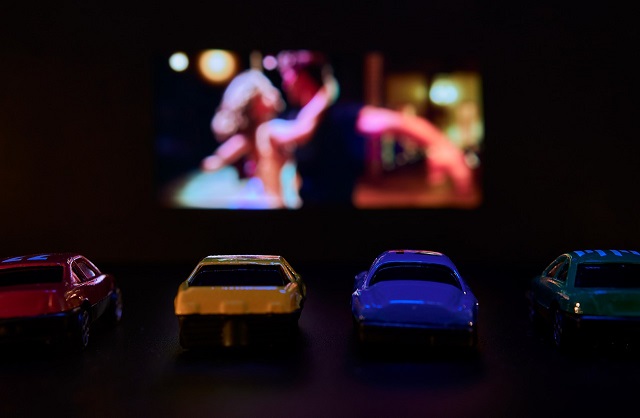 Steve Latham
Steve Latham
Before the nineteenth century homosexuals did not exist.
Perhaps I should explain. Michel Foucault famously made the case that before the nineteenth century the social category of ‘homosexual’ was not used.
People did not conceptualise sexual behaviour in that way. Clearly people did have sex. But there was no idea of a sexual ‘identity’. The cultural understanding was of certain behaviours, which were labelled as ‘unnatural’, or ‘immoral’. Men who were involved could be called, for example, ‘sodomites’ or ‘mollies’.
The development of a notion of homosexual identity was a response to the medicalization of psychology, in terms of which homosexuality was defined as a disease, an illness.
This was then taken up as a positive self-description and self-identification by gay people themselves. But this meant accepting the medical construction of identity.
Through the twentieth century, however, this unitary idea of a single ‘homosexual’ identity has fragmented.
The term ‘gay’ was, of course, adopted as a positive term to oppose the negative images of homosexuals as miserable and unhappy wretches.
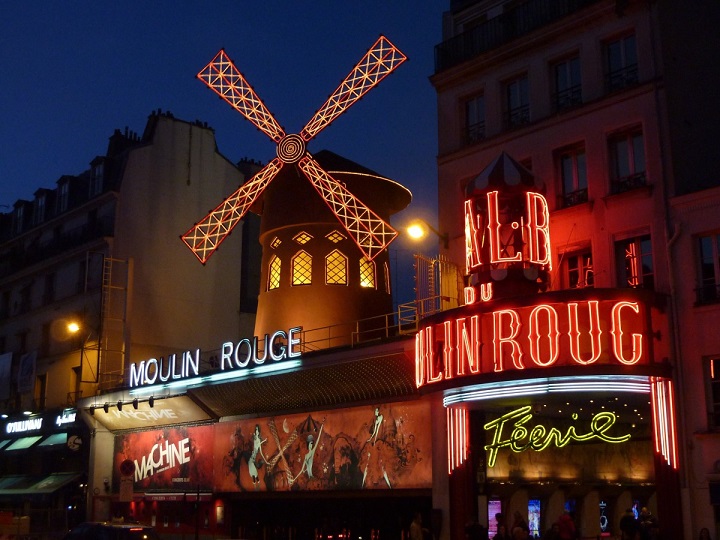 Socially constructed
Socially constructed
‘Gay, and ‘homosexual’, however, were used mainly to describe male-patterned same-sex attraction and behaviour, and therefore left out at least half of the human race.
Since then there has been an explosion of orientations and identities: gay, lesbian, bi-sexual, trans-gender, transvestite, queer, asexual, curious, bondage-domination, and more.
The list is growing, and becoming more complex, as our understandings of human sexuality develops, as people seek affirmation for their sexual desires and the ending of all stigma. In a post-structuralist, post-modern, cultural world, moreover, sexual identity as an idea has itself become questionable. Instead of a ‘natural’ sexual identity, the notion has developed that sexual identity is socially constructed.
This does not mean a deliberate process of socialisation, although this has occurred as an ideological strategy at time.
Instead, the idea is that society, at times unconsciously, shapes the categories through which we conceive who we are.
In addition, an increasing ‘queer’ understanding is that there is also an element of choice and self-determination in choosing our identities, and that we should be free to do so.
In these new sexual conditions, the whole notion of a stable sexual identity is up for grabs. We are beginning to see the dawn of a new age of polymorphous, shifting sexualities.
To it we may add the growth of the cyborg, the use of augmentation, prosthetics, to alter physical characteristics; not only trans-sexuality but the rise of the post-human, online sex, machinic sex.
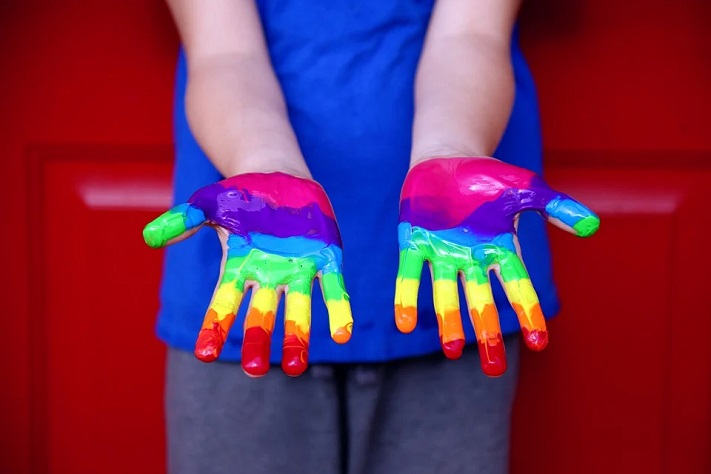 In some sense then, none of the sexual labelling we perform has any ontological reality. We are what we choose to be.
In some sense then, none of the sexual labelling we perform has any ontological reality. We are what we choose to be.
Subjective’ assertion
There is therefore no ‘objective’ measure of identity. Although others may have their views, there is no ‘norm’ within society for any official sexual ascription.
Our sense of identity it increasingly regarded as a matter for ourselves alone, a wholly ‘subjective’ assertion of personal worth and value.
This, however, leads sometimes to conflict, as evidenced recently in the controversy over Julie Burchill’s article in The Observer (13.1.13], where she weighed in to an argument over transsexuals.
If identity is purely subjective, then what, for example, defines who is or is not a ‘woman’? Feminists decry the pressure to emulate the, idealised and sexualised, ‘perfect female bodies’ of transsexuals.
Transsexuals, on the other hand, feel rejected as not being ‘proper’ women. For all sides, the messy terrain of sexual identity is one we shall all have to navigate in this new century.
One precondition for this cultural-sexual navigation will be a realisation that all sexualities are socially constructed.
Contrary to dominant majoritarian conceits, this does also include heterosexuality, which is often considered the norm from which all other orientations ‘deviate’.
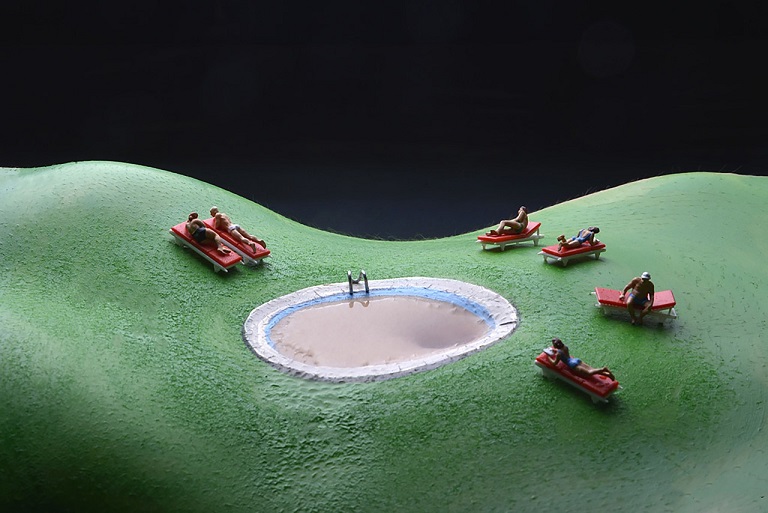 This realisation plunges all of us into the well of self-examination, questioning the labels we have been given by the ideological construction of our different societies.
This realisation plunges all of us into the well of self-examination, questioning the labels we have been given by the ideological construction of our different societies.
But this will also unsettle and upset our contemporary liberal-libertarian conception of identity. Instead of the modernist search for rationalistic certainty, we enter the postmodern flux.
There are only people
Therefore, not only were there no ‘homosexuals’ as such before the nineteenth century, there are also, in a way, none now.
But there are also no straights, no heterosexuals, no gays, no lesbians, no bi-sexuals, no trans-gendered, no transvestites, no queers, no asexuals, no curious, and no bondage-domination.
There are only people.
The problem is that such an understanding swings both ways, as it were.
The liberal may say that society should be organised in such a way, and individuals liberated in such way, that they are free to choose their own sexualities.
Such an identity would also be free to change over time, as circumstances and individual wishes determine, so that someone may have a series of partners in a variety of relationship types.
Conversely, a conservative could interpret this viewpoint, to say that society should be ordered and individuals helped, to choose sexual behaviours that conform to certain religious or moral codes. Since there is nothing pre-given about anyone’s sense of sexual identity, but it is socially constructed, then there may be no absolute value in insisting on societal recognition.
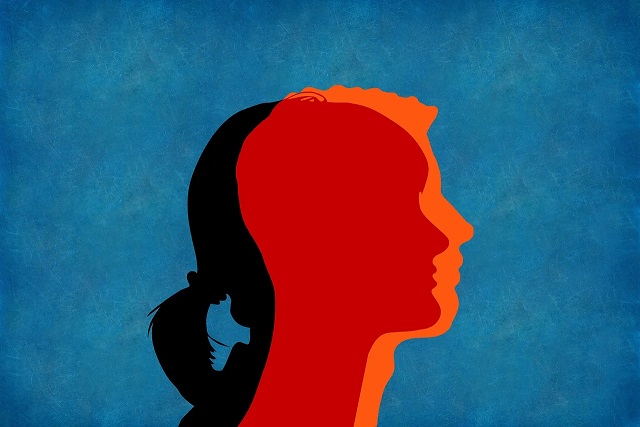 Opposing an essentialist reading of human sexual identity could therefore be deployed in at least these two fundamentally opposed ways.
Opposing an essentialist reading of human sexual identity could therefore be deployed in at least these two fundamentally opposed ways.
This, however, is characteristic of the contested nature of many areas in contemporary cultural-ideological discourse. Nothing is set. Everything is to be argued for.
Claims and counter-claims
In a scenario, which would previously have seemed futuristic, we shall see conservative Jews, Muslims and Christians, milling alongside polygamous Nigerians, Mormons and Islamists. All these will appear alongside queer, trans-gendered, and bi-sexual people in a variety of relationships on the postmodern boardwalk.
They will get on with each other, in so far as they live in the same social space. But we should not expect them to necessarily agree with each other.
Not only will there be competing claims for civil liberties, there will also be fundamentally opposing beliefs about what constitutes human flourishing.
Each position, as Foucault pointed out, will embody a claim to power. But we must not give in to demands for silencing competing positions.
Frank Furedi, for example, critiques the current politically correct stance that might seek to censor presently unacceptable conservative opinions, for example on climate change.
 In place of yesterday’s silenced minority, a fresh group could then be denied the power of speech. Instead we have to enter the melee of ideas and interests.
In place of yesterday’s silenced minority, a fresh group could then be denied the power of speech. Instead we have to enter the melee of ideas and interests.
Chantal Mouffe calls this ‘antagonistic pluralism’; not the easy acceptance of those who agree with us; the assumption of tranquil, untroubled discussion.
Instead, democracy depends upon this play of divergent, opposed, viewpoints; the assertion of claims and counter-claims.
But this means taking the risk of encountering the genuinely ‘other’, and putting ourselves through the discomfiture of also dialoguing with the potentially unsettling. In sexuality, whatever our label, we enter the field of contestation.
(Photos: Pixabay)












.jpg)












